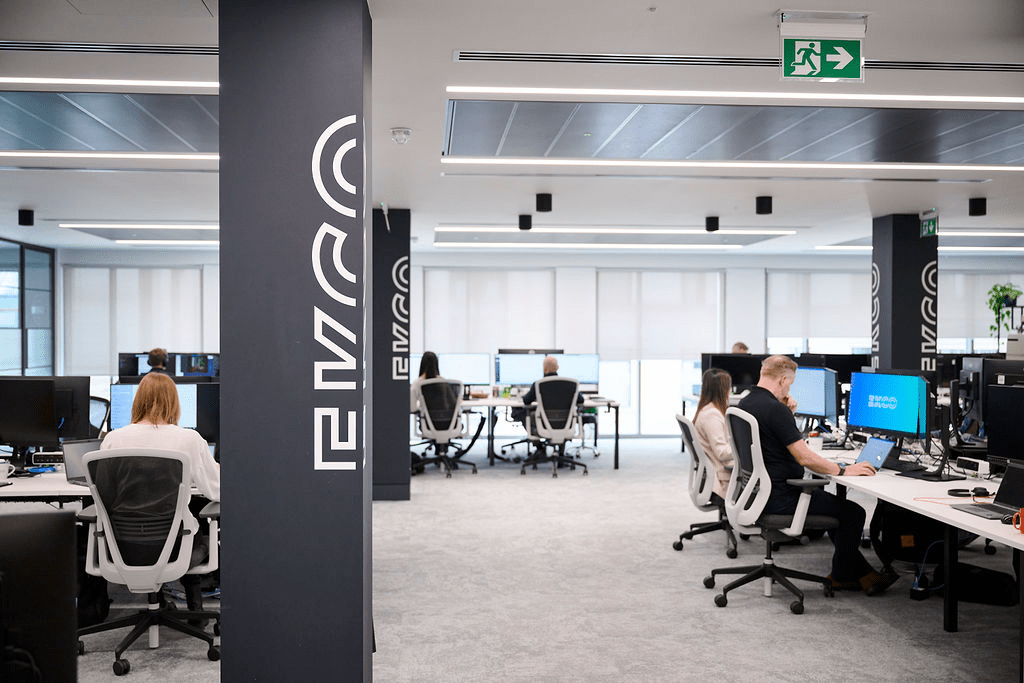
Application Streaming: Getting your Legacy Apps Ready for Take-Off
Redeveloping a legacy app for the cloud is a time-consuming and costly process but not redeveloping is worse. Using VMware Horizon or Microsoft RDS, there’s a middle ground that gives organisations more time.


In 2015, Paris Orly airport was forced to close for several hours after the failure of the computer system linking the airport’s air traffic control systems to the French weather bureau. The system was running on Windows 3.1, which was released in 1992 and which Microsoft stopped supporting in 2001. At the time, there were only three specialists in Paris who could maintain the system, and one of those was about to retire. The French transport minister promised to begin work on upgrading the system.
Legacy software is a problem for many organisations, though hopefully not with such newsworthy consequences. The same goes for apps that have been written internally. Organisations know that moving their legacy applications to the cloud means modernisation, which can result in downtime because the app can’t just be lifted and shifted. These apps are often left to run on the same infrastructure they have for a number of years, carrying out some important function for part of your organisation. After all, why would a busy IT team, with so much work to do, disrupt the applications that are running fine?
Re-writing the application or refactoring the existing one to become more modern is a daunting task that is expensive, time-consuming and tempting to postpone. However, doing nothing means the problem gets worse. You will fall behind the market and more agile, cloud-native competitors, losing customers and market share. As time goes on, the risk that the legacy system undergoes catastrophic failure also grows.
Cloud-Facing Legacy Apps
In this scenario, there is an intermediate step that we have used with several of our clients. A tool like VMware Horizon or Microsoft RDS can ‘stream’ the app from an infrastructure platform to end-users, which makes it cloud-facing, or cloud-like, but without touching the application’s source code.
This makes it easier for end-users to access applications from any location and on multiple devices, providing a more flexible experience than with a VPN. It will be the same old app that works in exactly the same way, but at least it is now hosted in the cloud.
Using this solution, one of our Financial Services clients provided a cloud-like solution that kept customers happy so they could then rewrite the entire app. It bought them time, a quick win if you like, during a wider transformation project.
With Horizon in place, they could build a new version of the application. Once ready, we helped them containerise it, built a Kubernetes platform to host it and also delivered a CI/CD pipeline that sped up their development lifecycle. But it all started with streaming the app from VMware Horizon.
Time saving for IT
Application streaming also suits end users who do most of their work on a local machine, so a full-blown hosted desktop isn’t suitable, but need access to some central apps. These apps can be streamed from a cloud platform and accessed via a desktop shortcut.
Given that this is a solution to cloud-enable legacy apps, a Private Cloud is usually favoured, although it can be hosted on Public Cloud too. Once an organisation makes this move for one application, they will realise there are other candidates that could benefit from the same cloud treatment.
The good thing is, it’s easy for the IT Team to add a new central app. The next time a user logs in, they’ll see the new app alongside their existing ones. The IT department just install (and subsequently update) the application centrally, taking away the hassle of remote installs, license keys or persuading users to install an application locally themselves.
This is an obvious first step for organisations that want to get a head start on their cloud journey without too much upheaval. Customers or other users don’t have to change their behaviour, but they get a more flexible user experience in the process. It gets them into the cloud and thinking about what happens next.
If you’re looking to take the first step on your application modernisation journey, get in touch to speak with our experts today.

Question?
Our specialists have the answer
